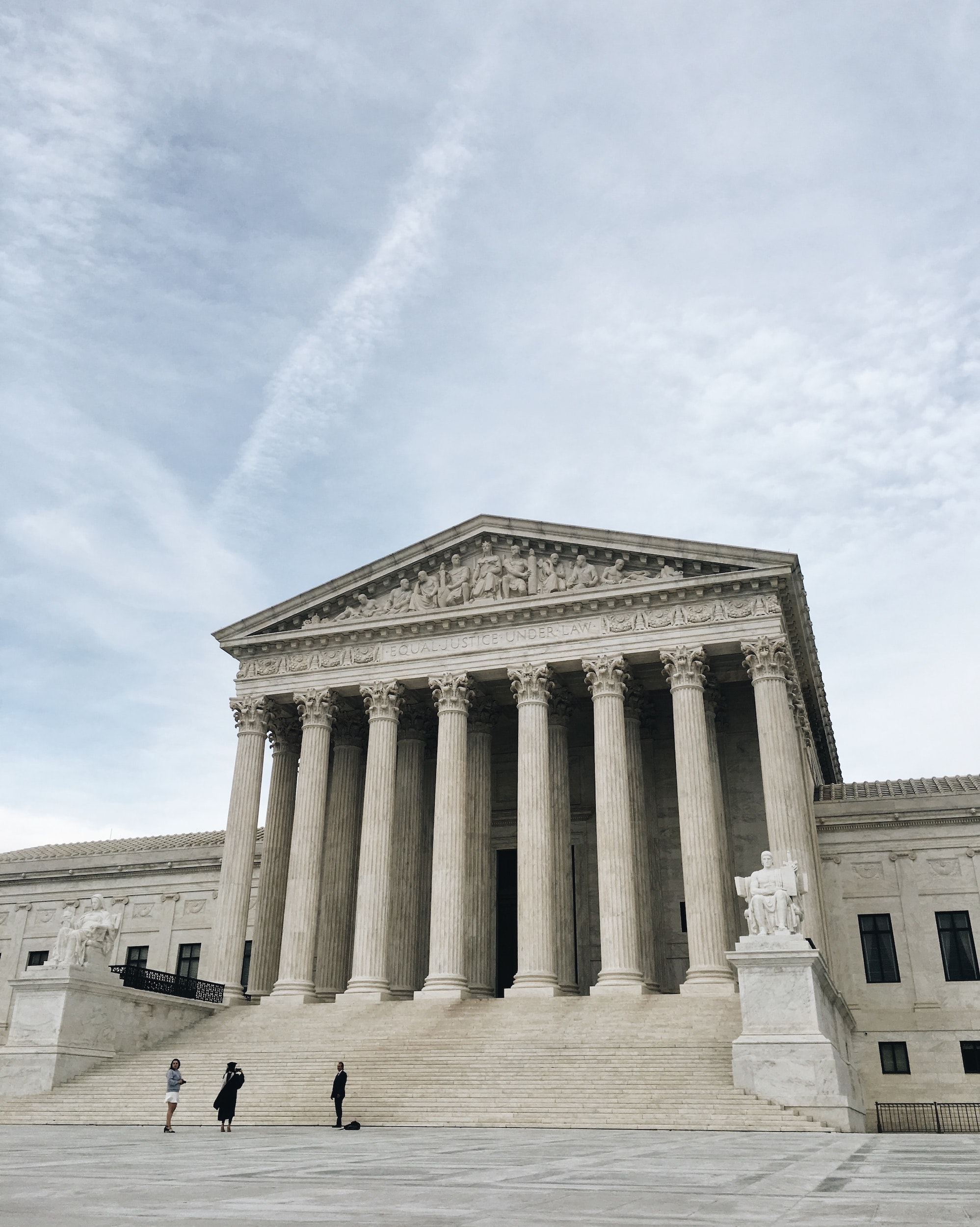In cases where an employer failed to maintain accurate records of employees’ hours worked, evidence of the extent of employees’ working hours must be established primarily by testimonial evidence. This is the established method of proof:
“[W]here the employer’s records are inaccurate or inadequate and the employee cannot offer convincing substitutes a . . . difficult problem arises. The solution, however, is not to penalize the employee by denying him any recovery on the ground that he is unable to prove the precise extent of uncompensated work. Such a result would place a premium on an employer’s failure to keep proper records in conformity with his statutory duty; it would allow the employer to keep the benefits of an employee’s labors without paying due compensation. . . . In such a situation we hold that an employee has carried out his burden if he proves that he has in fact performed work for which he was improperly compensated and if he produces sufficient evidence to show the amount and extent of that work as a matter of just and reasonable inference. The burden then shifts to the employer to come forward with evidence of the precise amount of work performed or with evidence to negative the reasonableness of the inference to be drawn from the employee’s evidence.”
Hernandez v. Mendoza (1988), 199 Cal.App.3d 721, 727 (quoting Anderson v. Mt. Clemens Pottery Co. (1946) 328 U.S. 680, 687–688).


